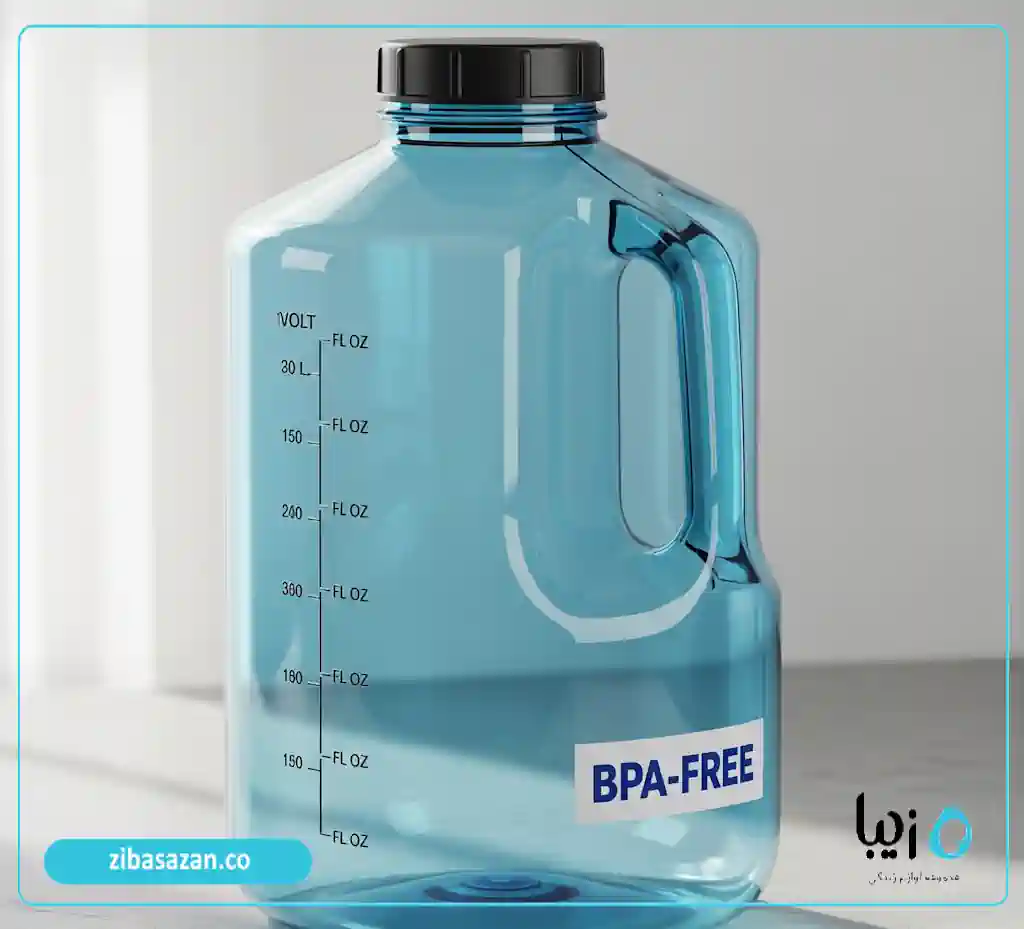In this article, we’ll provide you with information about BPA-free containers. In the modern world, plastic products have become an indispensable part of our daily lives. From kitchenware to food packaging, plastics are everywhere. However, with increasing public awareness about health issues, concerns about chemicals in plastics, especially BPA (Bisphenol A), have grown. Amidst this, many manufacturers claim their products are BPA-free.
But can these claims be trusted? In this article, we’ll analyze this issue impartially, specifically putting the Ziba brand from the Zibasazan company under the microscope regarding the BPA-free status of their plastic containers. We’ll help you make an informed choice for the health of you and your family and steer clear of potential plastic-related risks.
If you’re also looking for information about BPA-free containers, stay with us until the end
فهرست مطالب
- 1 Understanding BPA and Its Health Risks
- 2 Potential Health Effects of BPA:
- 3 Methods for Testing for BPA in Plastic Products
- 4 International Standards for BPA-Free Products:
- 5 Zibasazan’s Scientific View on BPA-Free Containers
- 6 Zibasazan’s Official Statement:
- 7 How Customers Are Informed:
- 8 Examining the Raw Materials and Standards of Zibasazan Containers
- 9 BPA-Free Alternative Materials:
- 10 Endorsements from Regulatory Bodies:
- 11 Comparing Zibasazan Containers with Similar Products on the Market
- 12 Strengths of Zibasazan Containers:
- 13 A Look at No-Name Containers:
- 14 Scientific Research on the Safety of Zibasazan Containers
- 15 Why You Should Trust Certifications:
- 16 The Role of Regulatory Organizations:
- 17 Important Tips for Buying BPA-Free Plastic Containers
- 18 Can You Trust That Zibasazan Containers Are BPA-Free?
- 19 Our Services: Health and Quality with “Ziba” Products
- 20 Our Competitive Advantages:
- 21 How to choose a high-quality and economical traditional dowry plastic set?
- 22 Plastic Bowl Buying Guide: How to Choose the Best Bowl for Every Need
- 23 The Transparent Pantry Jar: A Modern Must-Have for a Neat and Stylish Kitchen
- 24 The Ultimate Guide to Choosing the Best Flour Storage Containers
- 25 Your Ultimate Guide to Buying Plastic Organizers: Say Goodbye to Clutter!
Understanding BPA and Its Health Risks
BPA, or Bisphenol A, is an industrial chemical used to produce polycarbonate plastics and epoxy resins. These plastics are used in many everyday products like water bottles, food containers, and the lining of canned goods. Scientific research has shown that BPA can leak from plastic into food and drinks, especially when exposed to heat. This substance is known as an “endocrine disruptor,” meaning it can interfere with the normal function of hormones in the body.
Potential Health Effects of BPA:
Numerous studies have shown a possible link between BPA and various health problems, including:
- Hormonal Imbalances: BPA can disrupt hormonal balance by mimicking the hormone estrogen.
- Fertility Issues: Some research has linked BPA exposure to reduced sperm quality and fertility problems in women.
- Risks for Children: Due to the higher sensitivity of a developing body, children and infants are more vulnerable to the effects of BPA.
- Heart Disease and Diabetes: Some evidence suggests that exposure to high levels of BPA can increase the risk of heart disease and type 2 diabetes.
Methods for Testing for BPA in Plastic Products
To ensure a product is BPA-free, accurate and standardized laboratory tests are essential. Manufacturers who prioritize their customers’ health regularly test their products in certified laboratories. These tests typically include:
- High-Performance Liquid Chromatography (HPLC): This method is one of the most accurate techniques for identifying and measuring the amount of BPA in a sample. The plastic sample is dissolved in a suitable solvent and then passed through a chromatography column. Using this method, even very small amounts of BPA can be detected.
- Mass Spectrometry: This technique complements HPLC and helps confirm the identity of the BPA molecule. By combining these two methods, test results become highly reliable.
International Standards for BPA-Free Products:
- FDA Standard: The U.S. Food and Drug Administration has banned the use of BPA in some food products and has set limits for others.
- European Union Standard: The EU has also established strict regulations for the use of BPA in products that come into contact with food.
- ISO Standard: The International Organization for Standardization (ISO) also provides guidelines for testing and reporting chemicals in plastics.
Zibasazan’s Scientific View on BPA-Free Containers
Understanding customer concerns about health and safety, the Zibasazan company believes that all of its Ziba brand plastic containers are produced as BPA-free. This claim is a turning point in the company’s efforts to provide high-quality and safe products to Iranian consumers.
Zibasazan’s Official Statement:
In an official statement, Zibasazan has declared that Ziba plastic products, especially their containers, are made using premium, BPA-free raw materials. The company subjects all of its production processes to strict quality control to ensure the accuracy of this claim. This action demonstrates the brand’s commitment to protecting consumer health and adhering to international standards.
How Customers Are Informed:
Zibasazan communicates this information to customers through product packaging, its official website, and other communication channels. BPA-free labels are usually clearly marked on the products, making them easy for consumers to identify.
Examining the Raw Materials and Standards of Zibasazan Containers
To support the claim of being BPA-free, it is crucial to examine the company’s raw materials and production standards. Zibasazan uses high-quality plastics that are naturally free of BPA for its containers.
BPA-Free Alternative Materials:
Instead of using polycarbonate containing BPA, Zibasazan uses alternative plastics like Polyethylene Terephthalate (PET), High-Density Polyethylene (HDPE), and Polypropylene (PP). These materials are suitable choices due to their high resistance and safety for food contact.
Endorsements from Regulatory Bodies:
To guarantee the quality and safety of its products, the Zibasazan company adheres to international and national standards. The company works to obtain the necessary endorsements from regulatory bodies like the National Iranian Standard Organization and the Food and Drug Organization. These endorsements assure consumers that Zibasazan products are completely safe from a health perspective.
| Plastic Type | Pros | Cons |
| Polypropylene (PP) | Resistant to heat and chemicals, lightweight and durable. | May be sensitive to UV radiation. |
| High-Density Polyethylene (HDPE) | Highly impact-resistant, non-porous, recyclable. | Has less resistance to high heat. |
| Polycarbonate with BPA | High clarity, high durability. | Contains BPA and potential health risks. |
 Comparing Zibasazan Containers with Similar Products on the Market
Comparing Zibasazan Containers with Similar Products on the Market
There are various brands of plastic containers on the market. However, the distinguishing factor of Ziba containers is the quality of their raw materials and their adherence to BPA-free standards.
Strengths of Zibasazan Containers:
- Raw Material Quality: Using premium, BPA-free plastics that guarantee consumer health.
- Ergonomic Design: A practical design that makes using the container simple and convenient.
- Variety in Size and Design: Offering a wide range of products to meet different needs.
- Durability and Longevity: High resistance to impact and pressure, which increases the product’s lifespan.
A Look at No-Name Containers:
In contrast, many no-name products on the market are made from recycled and low-quality plastics that may contain BPA or other harmful chemicals. Buying these products, especially for storing food, can pose health risks.
Scientific Research on the Safety of Zibasazan Containers
Despite manufacturer claims, some consumers may seek independent scientific evidence. While it’s not possible for the public to access all internal company test results, one can trust the certifications they receive from accredited laboratories. Reputable companies like Zibasazan often publish test results or certificates related to their BPA-free status or provide them to the relevant authorities.
Why You Should Trust Certifications:
Certifications from independent laboratories indicate a thorough and impartial review of the product. These certificates confirm that the product is BPA-free according to specific standards. The Zibasazan brand proudly provides these certificates to its customers.
The Role of Regulatory Organizations:
Regulatory bodies like the National Standard Organization periodically inspect products on the market for quality and safety. The presence of the Zibasazan brand in the market and the absence of negative reports from these organizations is an indication of the company’s adherence to the necessary standards.
Important Tips for Buying BPA-Free Plastic Containers
To be sure of your purchase, pay attention to the following tips:
- Look for the “BPA-free” label: This label is usually on the packaging or the body of the product.
- Buy from reputable brands: Well-known brands like Zibasazan care about their product’s safety because of their reputation.
- Look for the plastic recycling code: Plastics with recycling codes 3 and 7 often contain BPA. It’s best to use plastics with codes 1, 2, 4, and 5, which are generally BPA-free. Zibasazan containers are made from safe plastics with the appropriate codes.
- Buy from reputable stores: Buying from known stores reduces the risk of purchasing counterfeit or low-quality products.
Can You Trust That Zibasazan Containers Are BPA-Free?
Based on the available information and evidence, it can be concluded that the Zibasazan brand’s claim of being BPA-free is based on solid and scientific reasons. The use of high-quality raw materials, adherence to international and national standards, and strict quality control processes all indicate the company’s commitment to customer health. Therefore, you can choose Zibasazan containers for storing your food and other liquids with peace of mind.
Our Services: Health and Quality with “Ziba” Products
With years of experience in producing plastic products, the Zibasazan company is a trusted and beloved brand among Iranian consumers. We at Ziba care about the health of you and your family, and for this reason, we produce all of our products to the highest standards. The BPA-free Ziba containers are an example of our commitment to this principle.
Our Competitive Advantages:
- Production with Up-to-date Machinery: Using advanced technologies to produce superior quality products.
- Health Guarantee: All of our products, especially those that come into contact with food, are produced with BPA-free materials.
- Beautiful and Practical Design: Our products are not only functional but also add to the beauty of your home with modern designs and various colors.
- Extensive Distribution Network: Zibasazan products are available to you in all national and reputable chain stores.
By choosing Ziba products, you are not only buying a quality product but also prioritizing your health and the environment. We hope the information we provided about BPA-free containers has been useful to you.
In an era with so much misinformation, having enough knowledge to choose products that don’t harm our health is very important. By reading this article, you now know why being BPA-free is important for a plastic container and how you can be sure of this claim. The Zibasazan company, with its transparency and commitment to quality, assures you that it delivers safe and high-quality products to you. The right choice today guarantees your health tomorrow.
Frequently Asked Questions
- Are Zibasazan containers suitable for long-term food storage?
Yes, Zibasazan containers are made with BPA-free and Food-Grade plastics that are suitable for long-term storage of various foods and liquids, including water, oil, and pickles. However, it’s recommended to store food under appropriate conditions to maintain its freshness.
- How can I be sure that a product is truly BPA-free?
The best way to be sure is to buy from reputable and well-known brands like Zibasazan that put a BPA-free label on their products. You can also pay attention to the plastic recycling codes on the product and avoid buying products with codes 3 and 7.
- Do BPA-free plastic products contain other harmful chemicals?
Many manufacturers use other substances like BPS or BPF as a substitute for BPA. However, research has shown that these substances may also have health risks. The Zibasazan brand, through thorough research and examination, uses alternative plastics that have been proven to be safe.
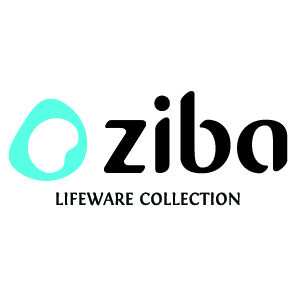

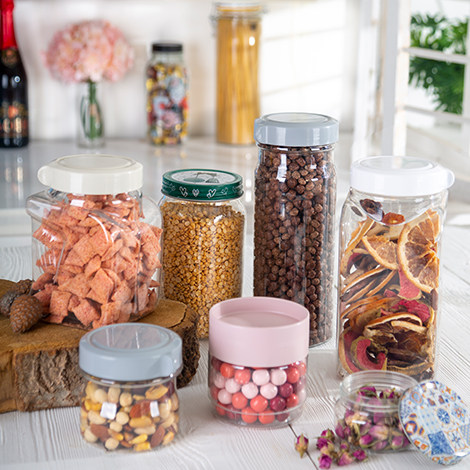
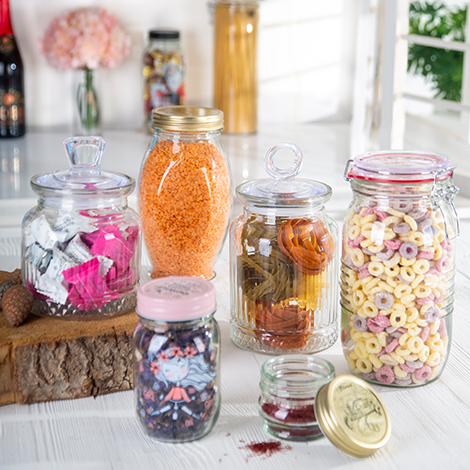
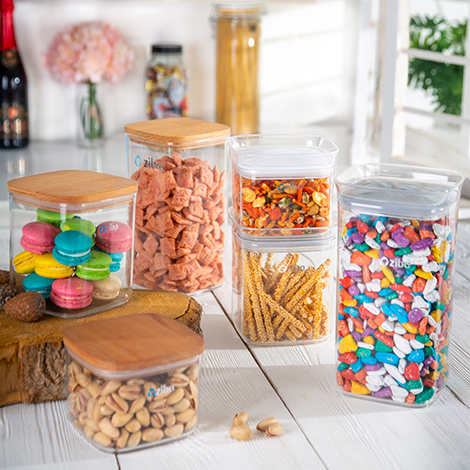
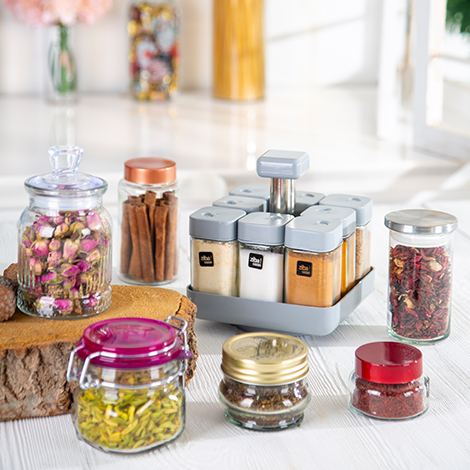

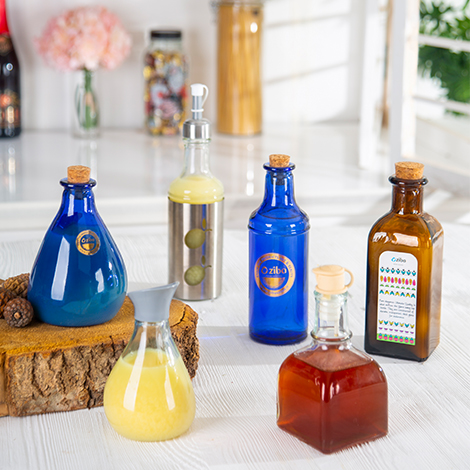
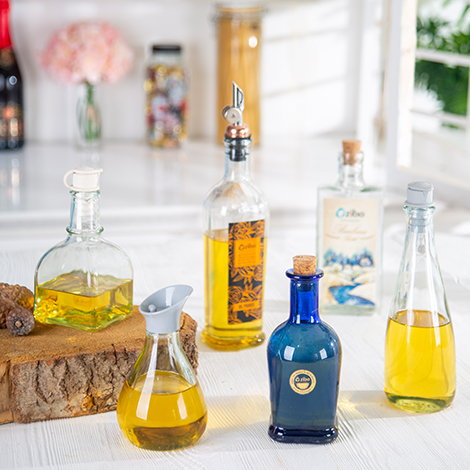
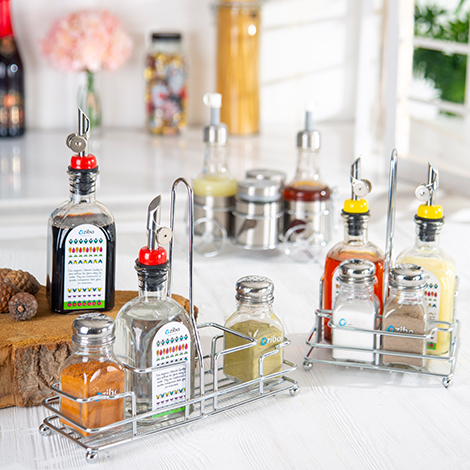
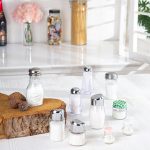
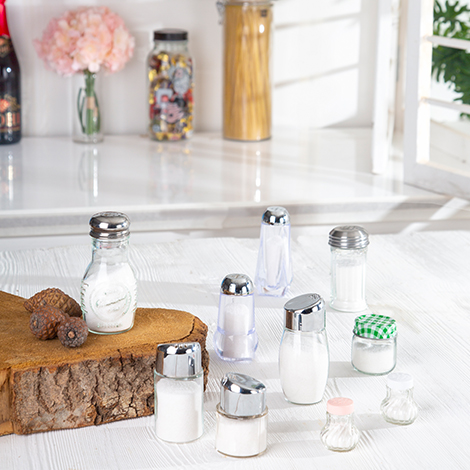
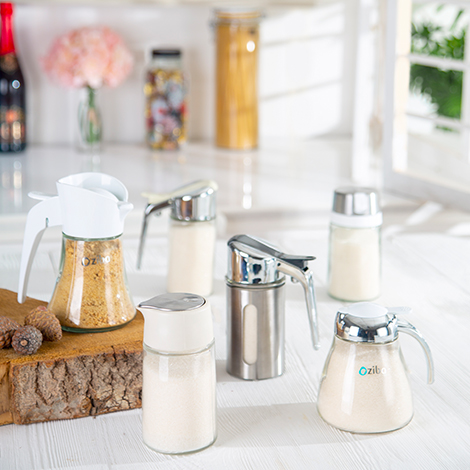
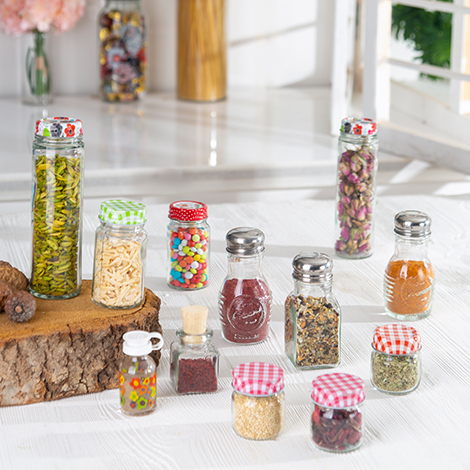
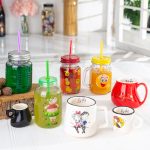
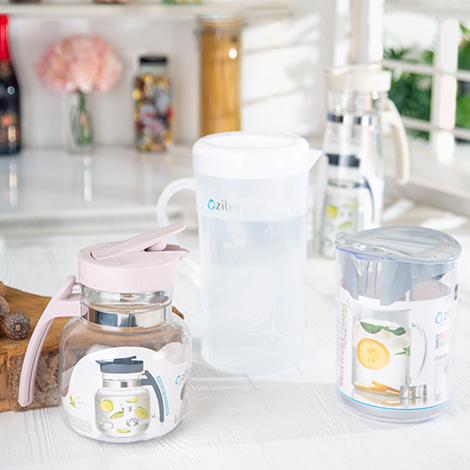
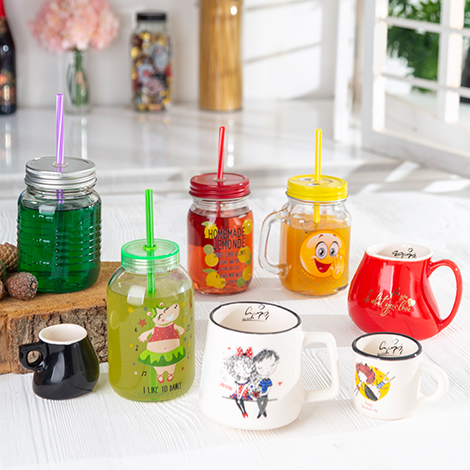
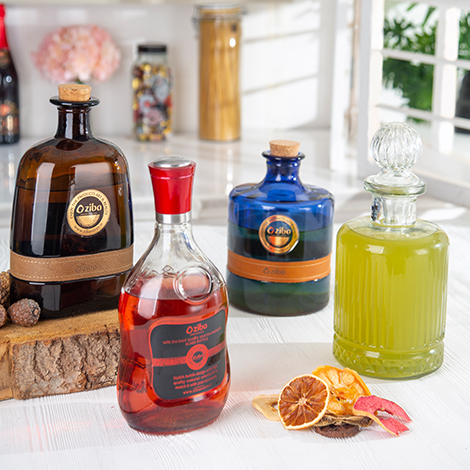

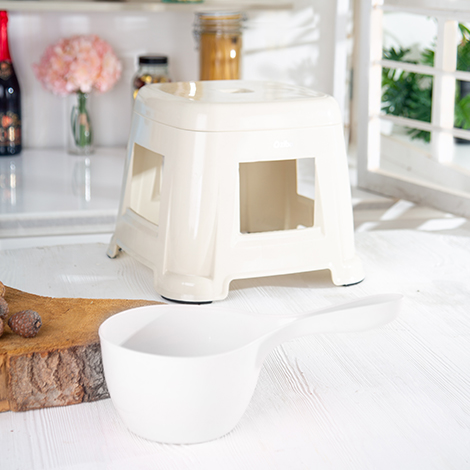
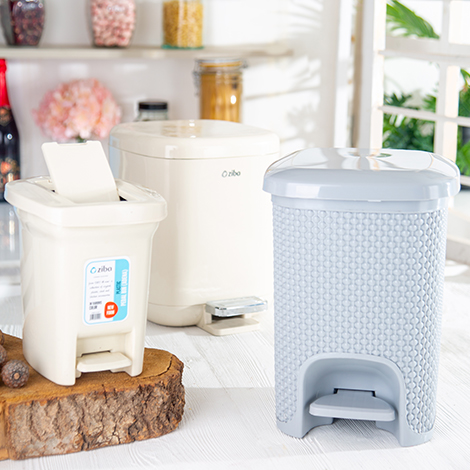

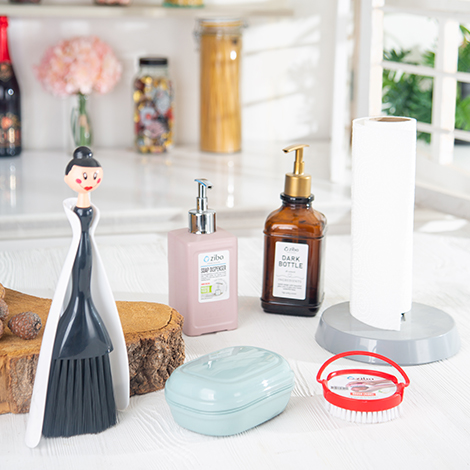
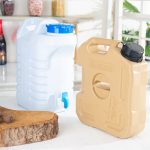
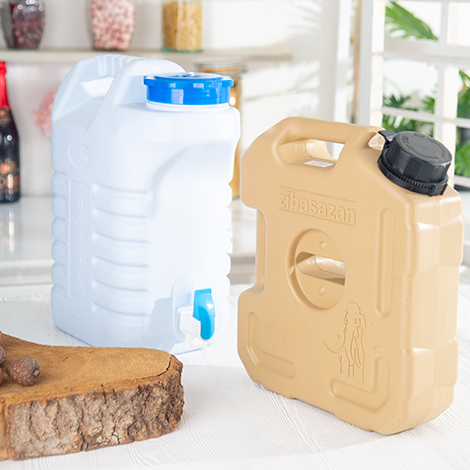
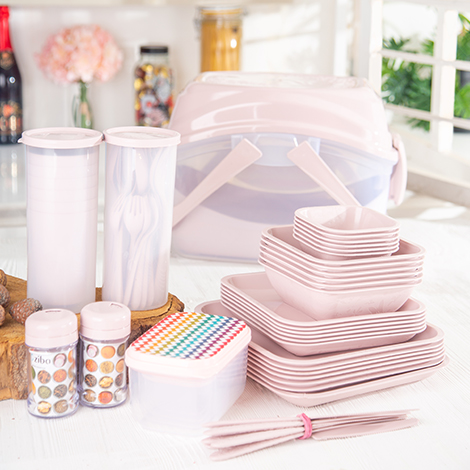
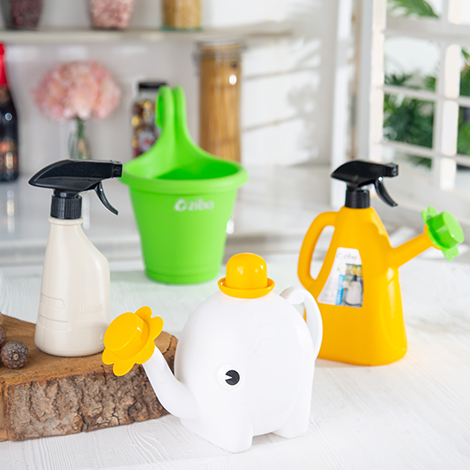

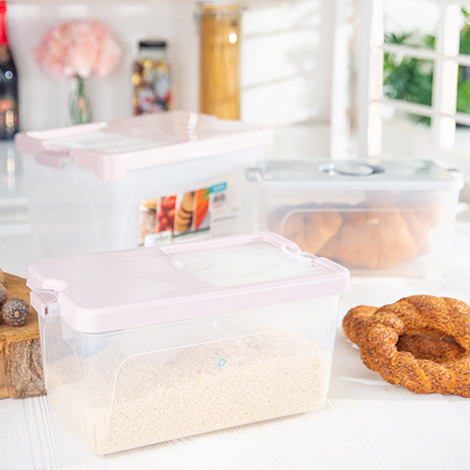
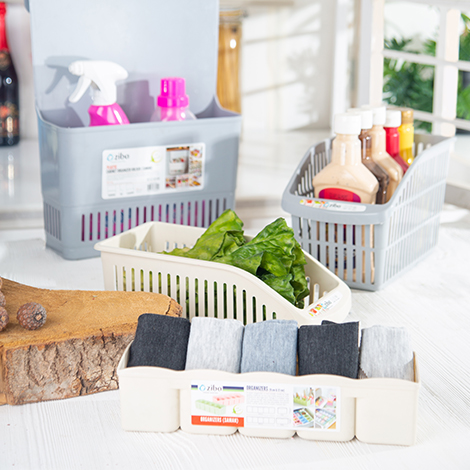
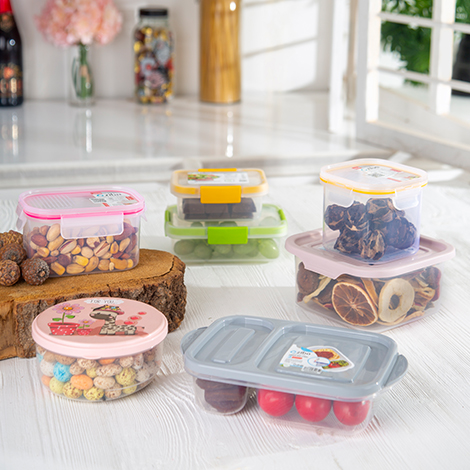
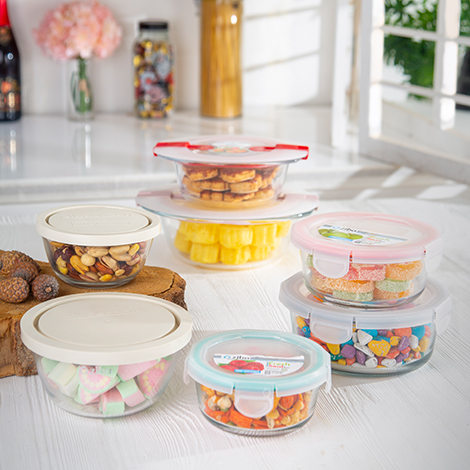
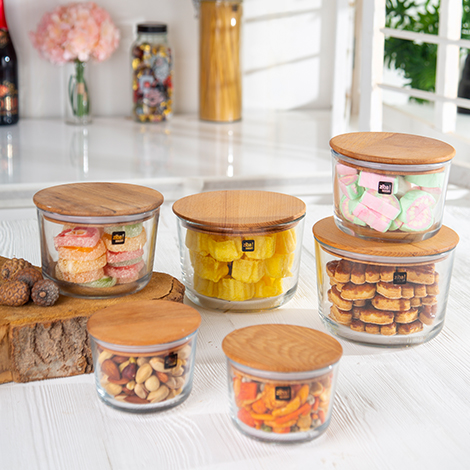

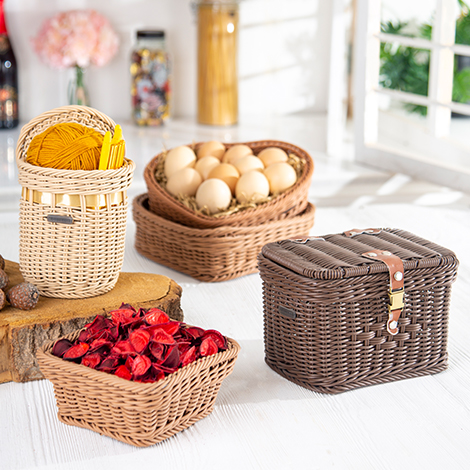
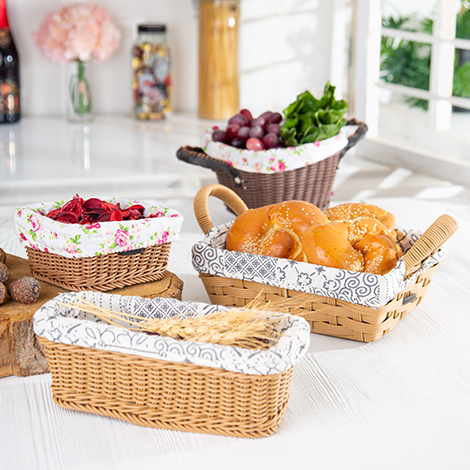
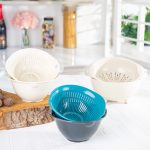
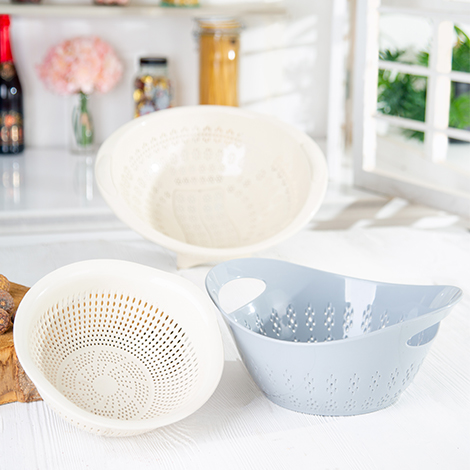
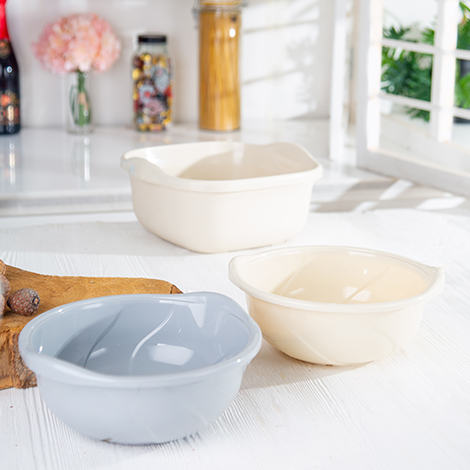
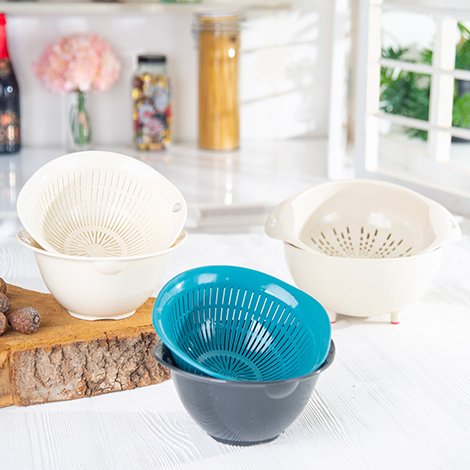

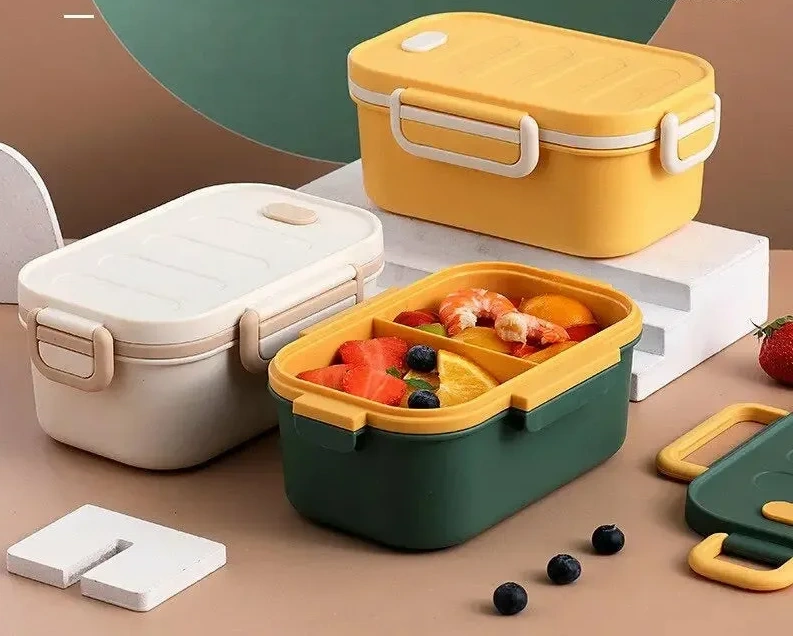
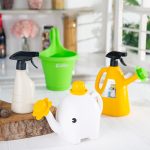


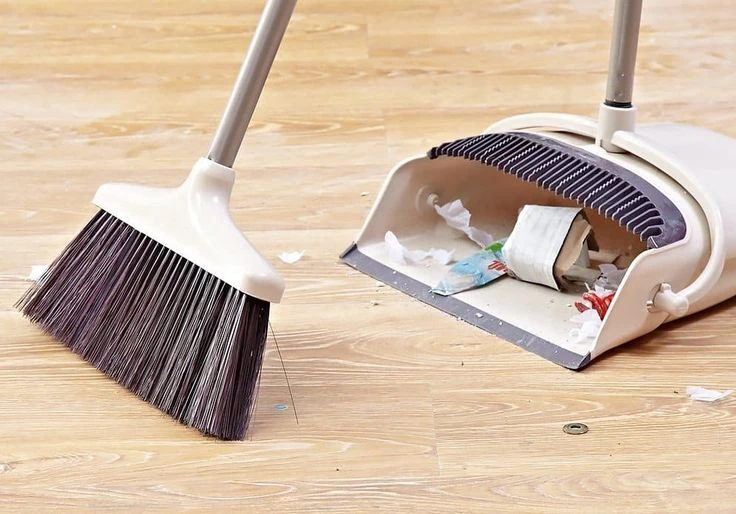

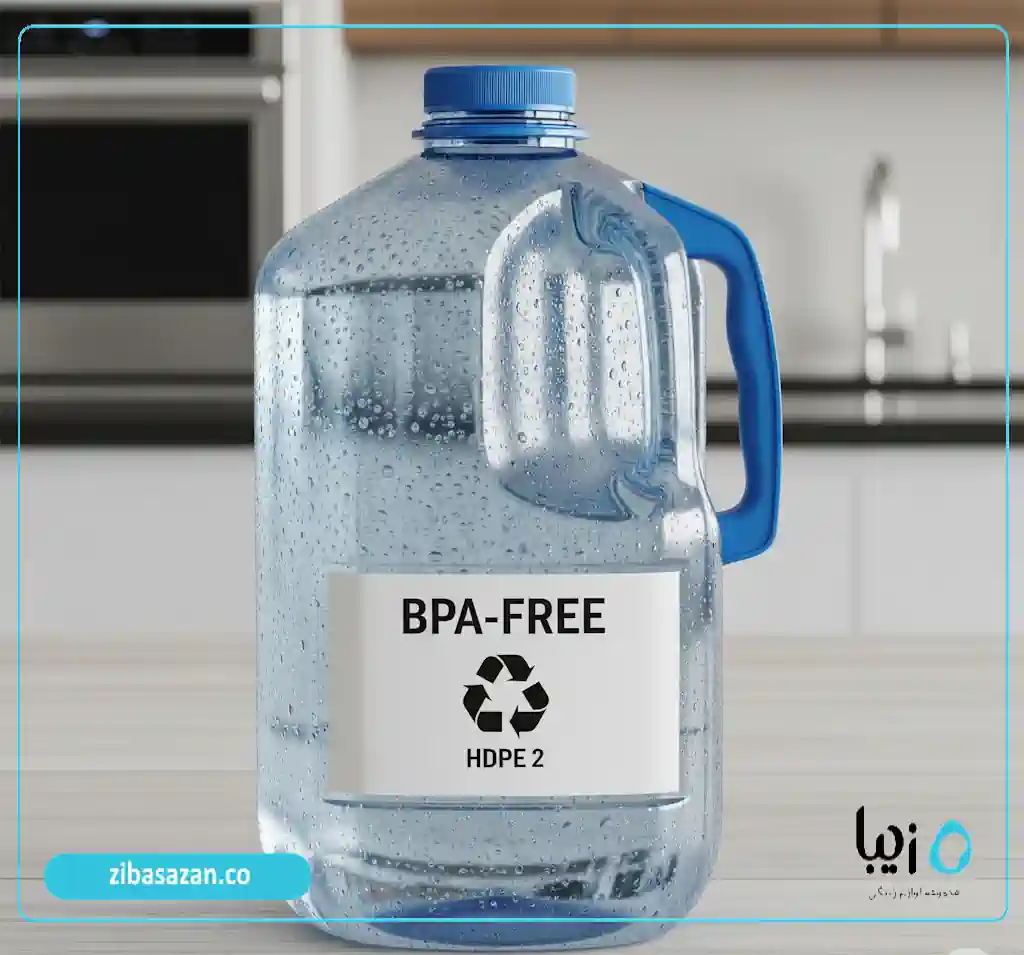
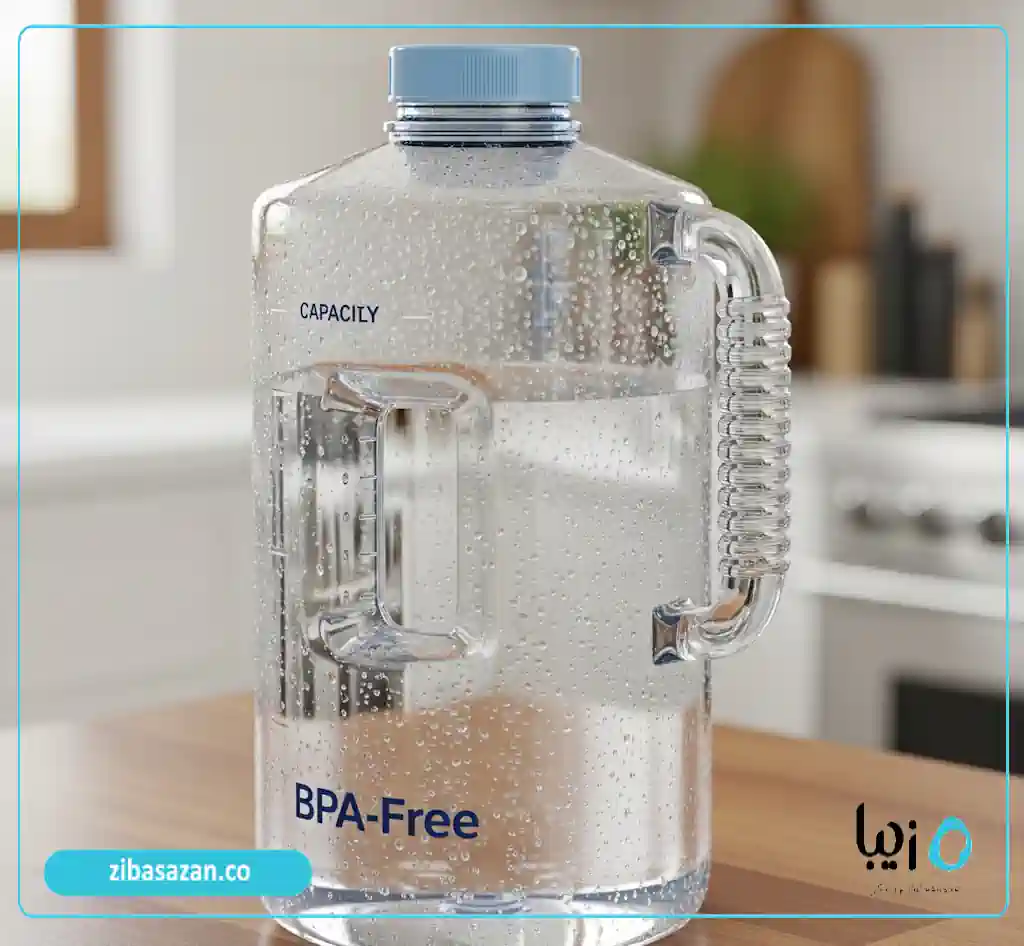
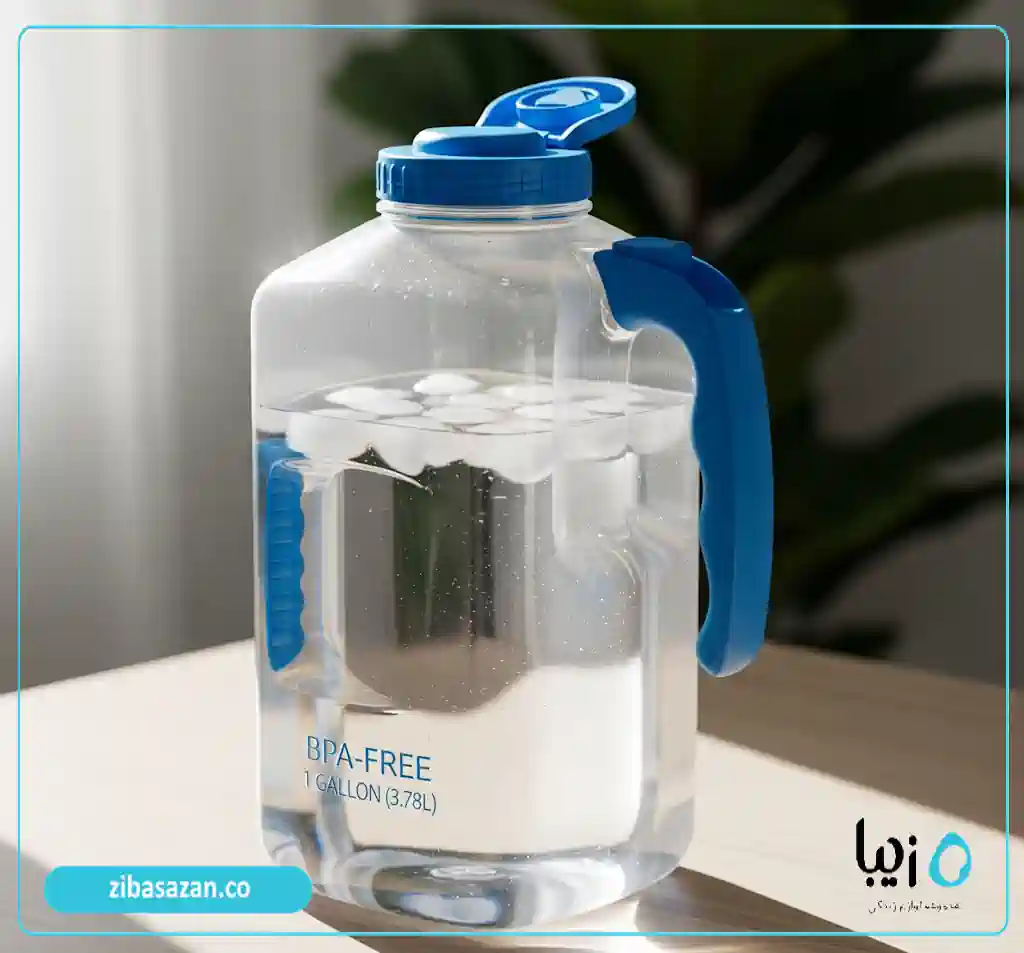 Comparing Zibasazan Containers with Similar Products on the Market
Comparing Zibasazan Containers with Similar Products on the Market